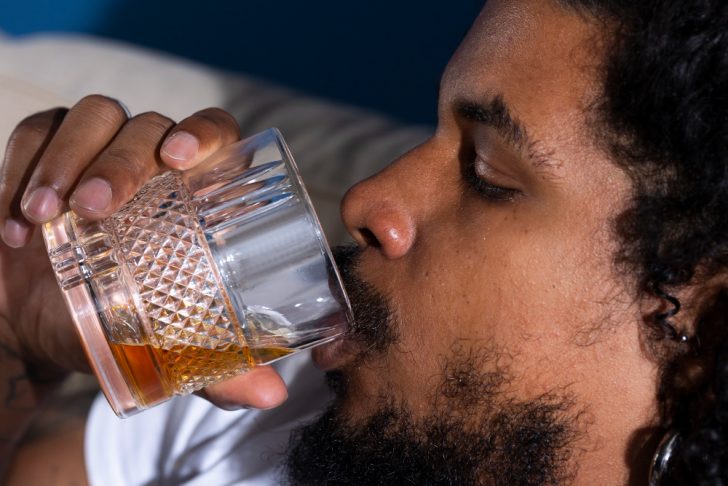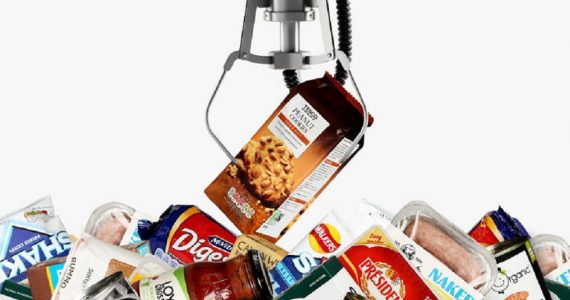The liver is an incredibly vital organ, performing over 500 essential functions for the body, including detoxification, protein synthesis, and storing vitamins and minerals. Despite its resilience, the liver is susceptible to damage from various factors, many of which stem from our everyday habits. One such concern that often arises is, “Can bad water mess up your liver?”
This article will explore the risks of contaminated water and other surprising factors that can harm this critical organ.
Can Bad Water Mess Up Your Liver?
Yes, bad water can mess up your liver. Contaminated water often harbors harmful bacteria, viruses, and chemicals that can lead to severe liver conditions. Drinking polluted water over time can introduce toxins like arsenic, lead, and mercury into your system, overwhelming your liver’s ability to detoxify your body.
In regions where water quality is compromised, the risk of liver diseases, including hepatitis and liver cirrhosis, increases. Clean, safe drinking water is essential to maintain liver health and overall well-being.

12 Main Causes That Can Damage Your Liver
1. Drinking Less Water
The liver relies on an ample water supply to perform its detoxification duties effectively. When you don’t drink enough water, your liver’s ability to flush out toxins diminishes, leading to potential liver damage. Dehydration stresses the liver, making it harder for this organ to function. It’s crucial to keep yourself well-hydrated to support your liver’s health.
2. Eating Heavy Dinners
Your liver does most of its work at night, and consuming rich, heavy meals before bedtime can place undue stress on this organ. Foods high in unhealthy fats, such as those found in margarine, shortening, and certain oils, can cause long-term liver damage. Opting for lighter dinners with liver-friendly foods like carrots and beetroots can support liver health.
3. Cigarette Smoking
Smoking doesn’t just harm your lungs; it also affects your liver. The toxins inhaled from cigarette smoke place an additional burden on the liver, which must work harder to filter these harmful substances from the blood. Over time, this can lead to oxidative stress and an increased risk of liver cancer. Quitting smoking is essential for protecting both your liver and overall health.
4. Weighing More Than Needed
Excess body weight, particularly obesity, can have a similar impact on the liver as alcohol. The accumulation of fat in the liver, known as non-alcoholic fatty liver disease (NAFLD), can progress to more severe conditions like cirrhosis and liver cancer. Maintaining a healthy weight through a balanced diet and regular exercise is crucial for liver health.
5. A High-Sugar Diet
Consuming too much sugar, especially fructose, can lead to fat buildup in the liver. While glucose can be metabolized by all cells in the body, fructose is processed only by the liver. High fructose intake, commonly found in sugary drinks and processed foods, can lead to fatty liver disease and other liver-related issues. Reducing sugar intake is a critical step in protecting your liver.
6. Alcohol Consumption
Alcohol is one of the most well-known culprits when it comes to liver damage. Even moderate alcohol consumption can have detrimental effects on the liver, especially if there’s already some level of inflammation present. Over time, alcohol can lead to liver cirrhosis, fatty liver disease, and other severe conditions. Drinking responsibly and being mindful of your liver’s health is vital.

7. A Trans Fat Heavy Diet
Trans fats, found in many processed and packaged foods, are notorious for raising harmful cholesterol levels and contributing to heart disease. They also negatively impact liver health by reducing good cholesterol levels and increasing liver fat. Limiting the intake of trans fats by avoiding processed and fried foods is essential for liver protection.
8. Practicing Unsafe Sex
Engaging in unsafe sex practices increases the risk of contracting hepatitis, a potentially fatal liver disease. Hepatitis viruses can cause inflammation and significant liver damage if not treated promptly. Using protection and practicing safe sex are critical measures to prevent liver-related complications.
9. Medications
Many medications, whether prescription, over-the-counter, or herbal supplements, are metabolized by the liver. While most medications are safe when taken as prescribed, high doses or mixing multiple drugs can overwhelm the liver, leading to damage. Always consult a healthcare provider before combining medications, and be mindful of dosage instructions.
10. A Stressful Lifestyle
Chronic stress is more than just a mental health concern; it can also harm your liver. Prolonged stress can lead to liver damage due to its link with the emotion of anger. Managing stress through relaxation techniques, exercise, and healthy lifestyle choices is crucial for maintaining liver health.
11. A Sedentary Lifestyle
Lack of physical activity can contribute to liver damage by increasing the risk of obesity and reducing the body’s ability to detoxify through perspiration. Regular exercise, even a simple daily walk, can support liver health by promoting better circulation and aiding in detoxification.
12. Skipping Regular Medical Checkups
Many liver diseases, such as fatty liver disease, do not present symptoms until they have progressed to a more severe stage. Regular liver function tests are essential for early detection and prevention of liver-related complications. Make sure to include liver tests in your routine medical checkups, even if you don’t consume alcohol.




